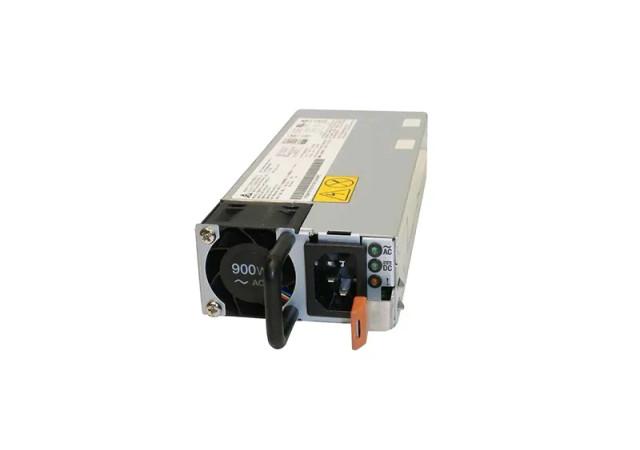Power supplies play a vital role in every computing device by converting electrical energy from an outlet into a usable form for internal components. In IT Hardware and Computer Hardware, the power supply unit (PSU) ensures that components such as the motherboard, hard drives, and graphics cards receive stable and regulated voltage. Without an efficient power supply, even the most advanced systems can experience instability, overheating, or hardware damage.
How Power Supplies Work
A power supply takes alternating current (AC) from the main electrical line and converts it into direct current (DC), which is what internal computer parts require. It also manages voltage regulation, preventing fluctuations that could harm sensitive components. Most power supplies come with safety mechanisms like surge protection, overvoltage protection, and cooling systems to ensure smooth and continuous operation.
Types of Power Supplies
Power supplies can be categorized into two main types: linear and switching. Linear power supplies are simple and reliable but are less efficient and bulkier. On the other hand, switching power supplies (SMPS) are widely used in modern computer hardware due to their efficiency, compact design, and ability to handle variable loads. Within computing environments, you’ll find various PSU forms such as ATX, SFX, and TFX—each designed to fit specific system requirements.
Importance in IT Hardware
In IT Hardware, power supplies are crucial for maintaining performance stability. Data centers, servers, and networking systems rely heavily on uninterrupted power flow to prevent downtime. High-quality power supplies enhance system efficiency and contribute to energy conservation, which is essential in large-scale IT infrastructures. They also play a role in maintaining the longevity of hardware components by delivering clean and consistent power.
Choosing the Right Power Supply
Selecting the correct power supply depends on system requirements, wattage needs, and efficiency ratings. The 80 Plus certification is a standard measure of PSU efficiency, indicating how effectively a unit converts power from the wall into usable energy for the system. Users should also consider modular designs, which allow for easier cable management and improved airflow within the computer case.
The Future of Power Supply Technology
Modern advancements in computer hardware continue to influence power supply design. Manufacturers are focusing on eco-friendly models that reduce energy waste and support smart power management. Features like digital monitoring, silent operation, and adaptive load control are becoming standard in high-end PSUs. As computing demands grow, power supply units will continue to evolve to meet performance, efficiency, and sustainability needs.
Conclusion
Power supplies serve as the foundation for all IT Hardware and Computer Hardware systems, delivering the essential energy that keeps devices running smoothly. A well-chosen PSU not only ensures optimal system performance but also protects valuable components from electrical damage. Understanding how power supplies work and selecting the right one can significantly enhance the efficiency and reliability of any computing environment.



